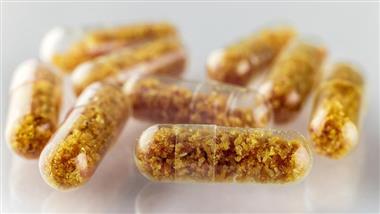Capsules containing donor feces are providing significant relief for type 1 diabetes patients suffering from diabetic gastroenteropathy, according to research published in EClinicalMedicine. Patients reported reduced gut pain, bloating, nausea, and diarrhea after undergoing fecal microbiota transplantation (FMT). Dr. Katrine Lundby Høyer from Aarhus University Hospital in Denmark emphasized the therapy’s potential, noting substantial quality-of-life improvements compared to placebo treatments.
Diabetic gastroenteropathy, which affects up to 25% of type 1 diabetics, occurs when nerve damage disrupts normal gastrointestinal function. Researchers tested FMT for the first time on these patients and found it significantly eased symptoms, lowering GI distress scores and boosting quality-of-life metrics. FMT works by transferring healthy gut bacteria from a donor to the patient, restoring microbial balance and improving digestion. Capsules offer a less invasive alternative to traditional methods like colonoscopies, making the treatment more accessible and tolerable.
While these findings are promising, researchers stress the need for further studies to explore long-term effects and identify which patients benefit most. Dr. Klaus Krogh, a senior researcher at Aarhus University, noted the potential for this therapy to transform care for diabetes-related gut complications, providing relief for a condition that currently has few effective treatment options.
SOURCE:
US News, January 13, 2025
Source: Original Article
Publish Date:

